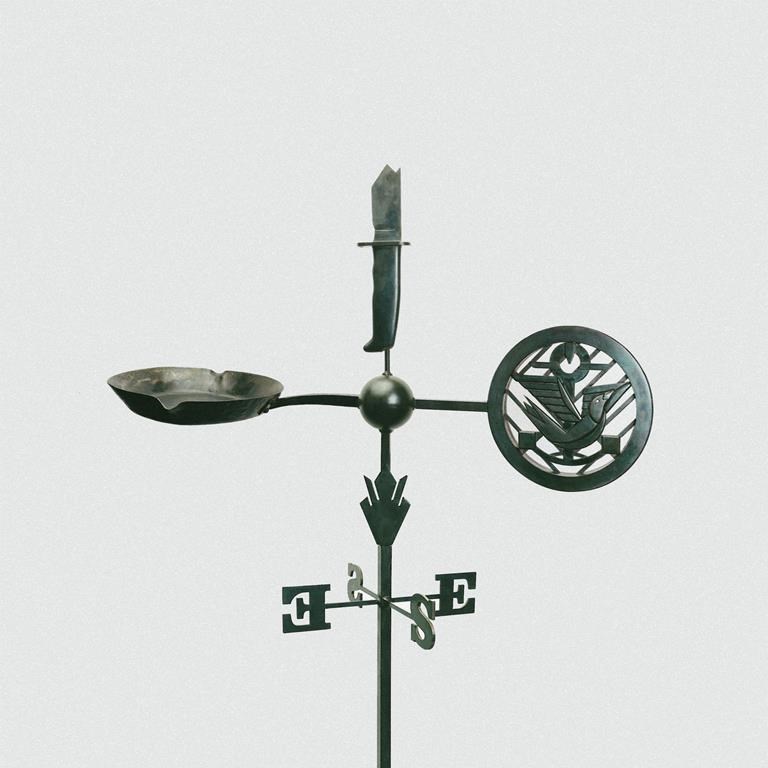“Weathervanes,” Jason Isbell and the 400 Unit (Southeastern/Thirty Tigers).
Further cementing his credentials as a songwriting force, Jason Isbell and his band have created another Alabama-accented earworm of an album that flaunts the power of his voice, guitar and lyrics.
“Weathervanes,” Isbell's eighth record with the 400 Unit, is a familiar and predictable amble within the wide expanse of Americana with this 13-track canvas painted by country, folk, gospel and hard southern rock. While this album stays inside his usual musical guardrails without much adventure into new sounds, it has its twists and turns.
In “Cast Iron Skillet,” a soft and wistful warning against bigotry veiled behind old-fashioned views, Isbell strums a sweet tune thickened by the hum of an accordion and his wife, Amanda Shires, on the fiddle. Then comes “When We Were Close,” electric from start to finish with angry chords and all-star rhymes: “Got a picture of us playing in a bar, and your shirt cost more than your guitar.”
Sober for 11-plus years, Isbell continues to tell stories beyond his own trying-to-stay-clean lens. “Weathervanes” further reflects the forever process of learning oneself and how to live and love complex people in a broken world.
The opener, “Death Wish,” tries to care for a loved one with mental illness. In “Save the World,” his voice as a father of a 7-year-old daughter resonates clearly as he sings of being spooked by school shootings, “Can we keep her here at home instead?”
Shires joins her husband on five different songs, including backup vocals on “Volunteer" and “This Ain't It.” The couple laid bare their life, love and struggle in a recent documentary film.
In “Middle of the Morning," Isbell explores the dark corners of relationships in what sounds like post-pandemic wincing about all that extra time stuck at home. He wails, “I’m tired of stepping on your shadow and feeling in the way.” The angst is brilliantly masked by a soulfully bright melody.
___
More AP music reviews: https://apnews.com/hub/music-reviews
Dave Campbell, The Associated Press




